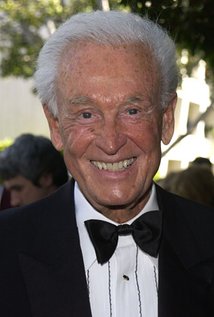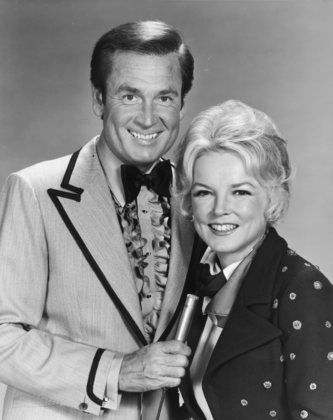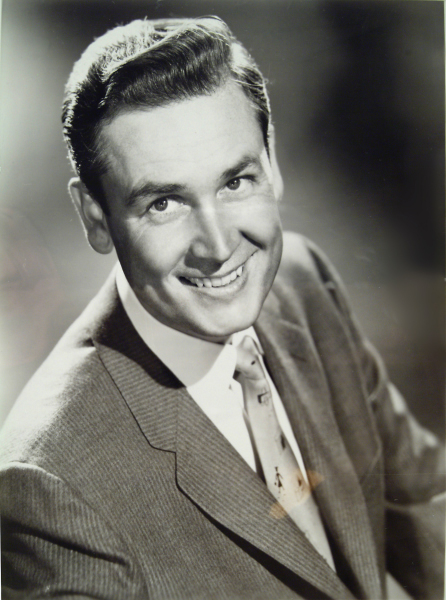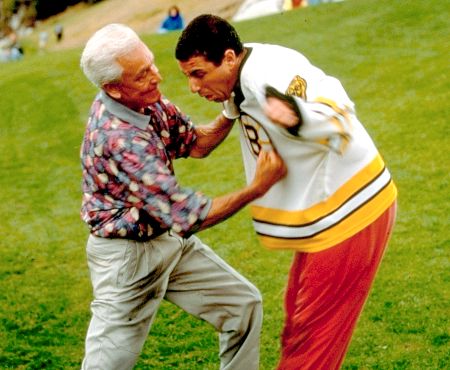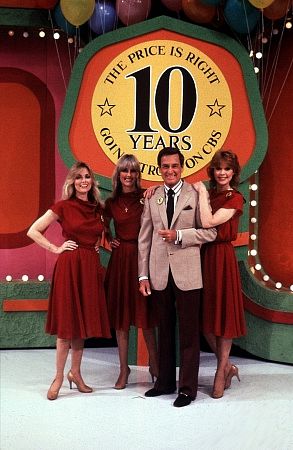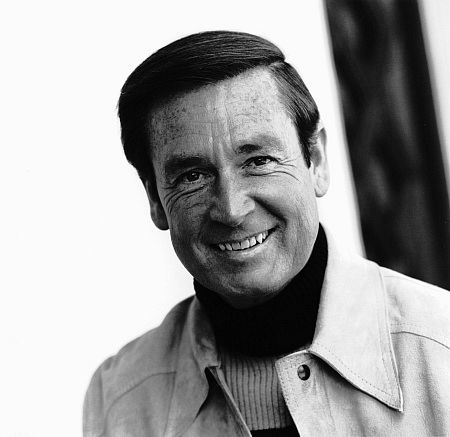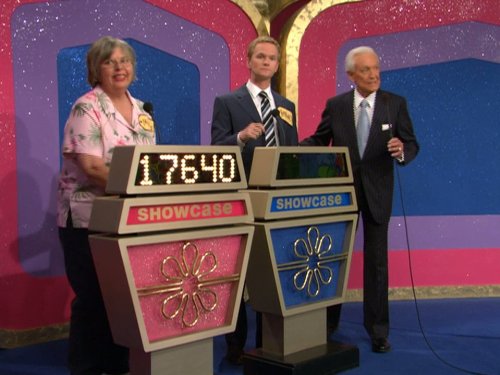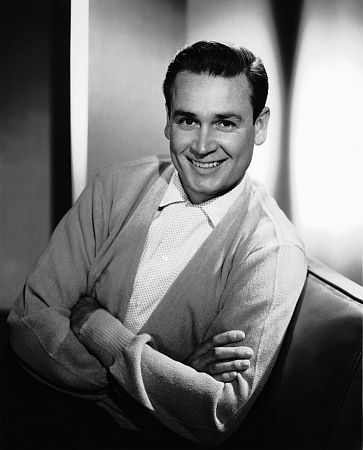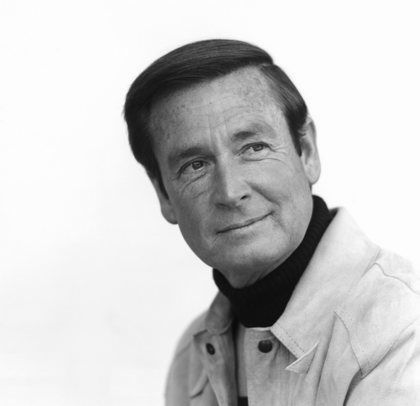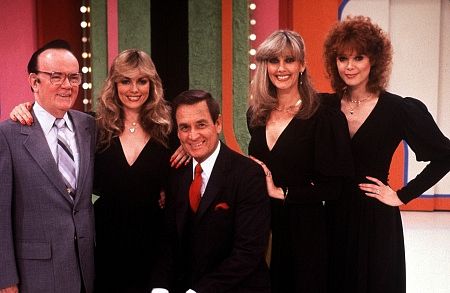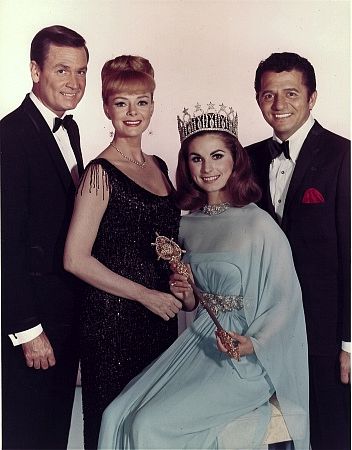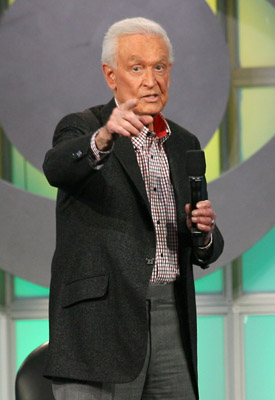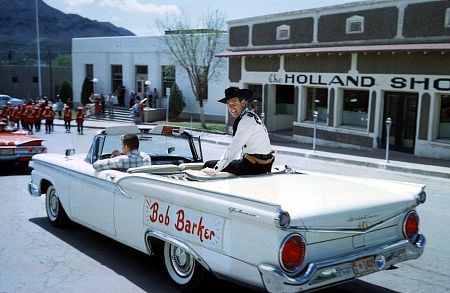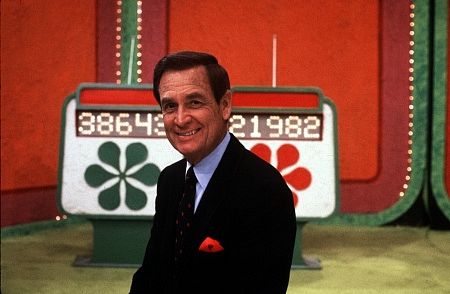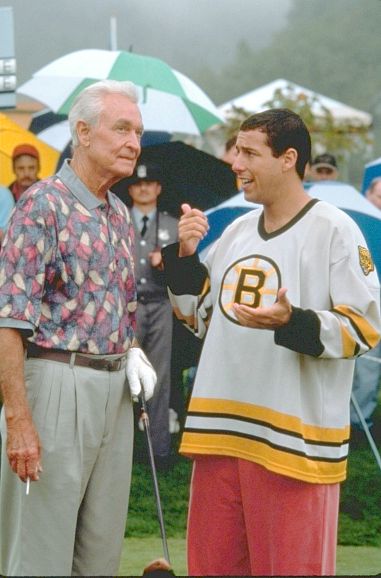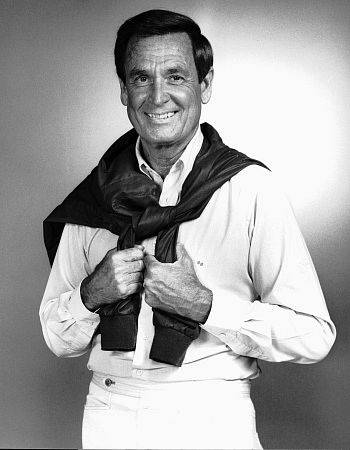For 35 years Bob Barker had been the host of The New Price Is Right (1972) game show. Not only is it the highest-rated daytime game show, it's also the longest-running game show in TV history, surpassing the prime-time hit What's My Line? (1950), which ran for 18 years. He also served the show's executive producer since 1987. Named t...
Show more »
For 35 years Bob Barker had been the host of The New Price Is Right (1972) game show. Not only is it the highest-rated daytime game show, it's also the longest-running game show in TV history, surpassing the prime-time hit What's My Line? (1950), which ran for 18 years. He also served the show's executive producer since 1987. Named the most popular game show host of all time in a national poll, he received the Lifetime Achievement Award for Daytime Television in 1999. Although he has graced our television screen for more than four decades, his career continues at full circle.In 1996 he made his motion picture debut in Universal Pictures' Happy Gilmore (1996), in which he played himself with Adam Sandler. His real acting debut, however, came when he was asked to play Mel Harris' father in NBC's Something So Right (1996). Another honor came when one of the most historic sites in the history of television, Stage 33 at CBS Television City in Los Angeles, was re-dedicated as the Bob Barker Studio in ceremonies following the taping of the 5,000th episode of "The Price is Right", on March 11, 1998. Barker is the first performer to whom CBS has ever dedicated a stage.Barker was born in Darrington, WA, and spent most of his youth on the Rosebud Indian Reservation in South Dakota, where his mother was a schoolteacher. His family eventually moved to Springfield, Missouri, where he attended high school and Drury College on a basketball scholarship. World War II interrupted his studies and he joined the US Navy, becoming a fighter pilot, but the war ended before he was assigned to a seagoing squadron.Following his discharge Barker returned to Drury and took a job at a local radio station to help finance his studies. It was there he discovered that what he did best was to host audience participation shows. After graduating summa cum laude with a degree in economics, he went to work for a radio station in Palm Beach, Florida. A year later he moved to Los Angeles, and within a week he was the host of his own radio program, "The Bob Barker Show". He made his debut in 1956 on national television as the host of the popular Truth or Consequences (1950). Ralph Edwards, the show's originator, had sold the show to NBC as a daytime strip, but he had not chosen a host. He auditioned other hosts in Hollywood and New York for weeks, but when he heard "The Bob Barker Show" on his car radio, he knew he had found the man for the job. Proving that Edwards had chosen him wisely, Barker hosted "Truth or Consequences" for an unbelievable 18 years, and he and Edwards remain close friends to this day. They drink a toast at lunch every December 21st to celebrate the day in 1956 when Edwards notified him that he was going to become the host of "Truth or Consequences".Barker has been twice named in the Guinness Book of World Records as television's "Most Durable Performer," at 3,524 shows, and "Most Generous Host in Television history" for awarding $55 million in prizes on his various shows. During the ensuing years the $55-million figure has increased to more than $200 million. He has won 11 Emmys as a Game Show Host, more than any other performer, and 2 more as Executive Producer of "The Price is Right". He also was given the Lifetime Achievement Award in 1999, for a total of 14, and won 2 additional awards, for a total of 16 Emmys. He has also received the coveted Carbon Mike Award of the Pioneer of Broadcasters.In 1978 he developed "The Bob Barker Fun & Games Show", a series of personal appearances that attracted record-breaking audiences throughout the US and Canada. He also established the DJ&T Foundation in Beverly Hills, California, the purpose of which is to help control the dog and cat population. He is funding the foundation through his own resources to support low-cost or free spay/neuter clinics. This foundation is named in memory of his wife, Dorothy Jo, and his mother, Matilda (Tilly) Valandra, both of whom loved animals. Barker's work on behalf of animals has garnered him a long list of awards from prestigious humane organizations across the country. In fact, a columnist wrote that Bob has become a part-time television host and a full-time animal rights activist. However, he assures his audiences that there is room in his busy life for both television and animals.
Show less «

